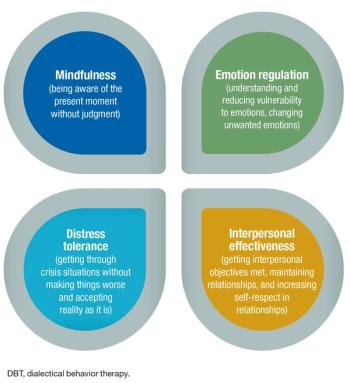
The latest research on DBT for treating psychiatric disorders, such as ADHD, bipolar disorder, eating disorders, and depression.

The latest research on DBT for treating psychiatric disorders, such as ADHD, bipolar disorder, eating disorders, and depression.
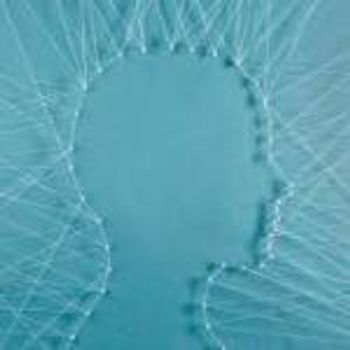
There is more to BPD than meets the eye. A complex interaction exists between environmental, anatomical, functional, genetic, and epigenetic factors.
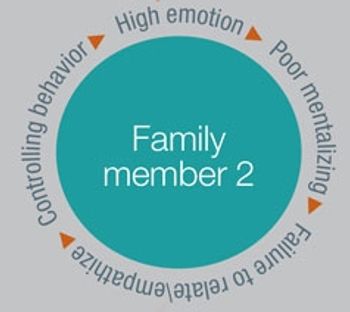
MBT presents a compromise to bridge the valuable history of psychoanalytic ideas to both modern psychiatric research as well as present public health needs and practice.

Laennec was running late when he saw children send sounds through a wooden beam...
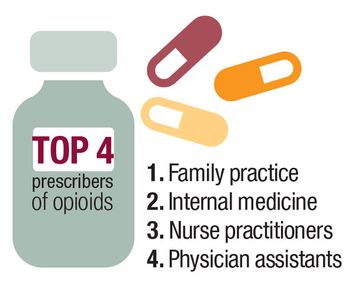
The involvement of a psychiatrist early in the care of patients addicted to opioids may prevent further abuse. Here's why.

A quick guide to common neurodevelopmental conditions and their associated late-life neuropsychiatric manifestations.

Reasons for the overall low rate of clozapine use brings to light questionable decisions on the part of policymakers
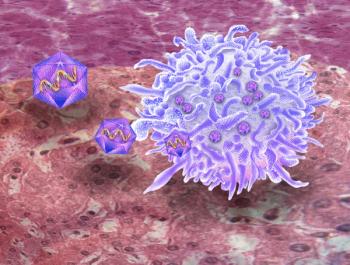
Because over half of persons with HIV infection have a lifetime history of depression or bipolar disorder, psychiatrists are uniquely positioned to provide both preventive and therapeutic interventions to vulnerable patients.

For a change, here is some very good news coming from several fronts. "It’s almost like science fiction, but it’s real."

A focus on QTc monitoring in patients receiving psychotropics, especially when multiple medications are prescribed.

We invite you to join our Early Career Advisory Board and share your insights about psychiatry, your interests, ideas, and goals.

We are seeking your real-life story that can move, teach, and inspire other psychiatrists.
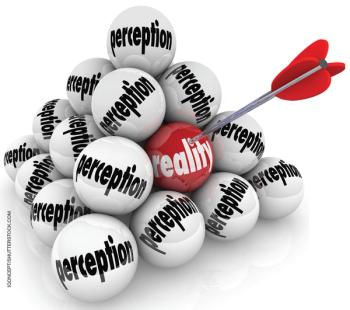
Setting the record straight on the burgeoning field of reproductive psychiatry.
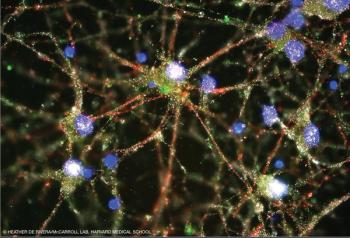
The identification of a genetic risk factor has shed light on the underlying neurobiology of the disorder.
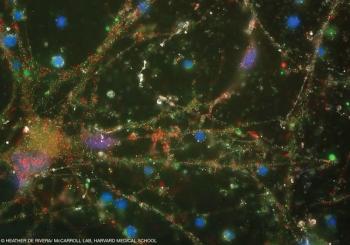
Groundbreaking work by a Harvard team represents a bold step in our journey toward understanding schizophrenia.

We can teach patients a lot about the biopsychosocial causes of depression-even in 5 minutes.

Meditation training is a valuable, thoroughly secular tool for psychiatrists to incorporate into our patient practices-and our own personal self-care routines. Here: the basics.